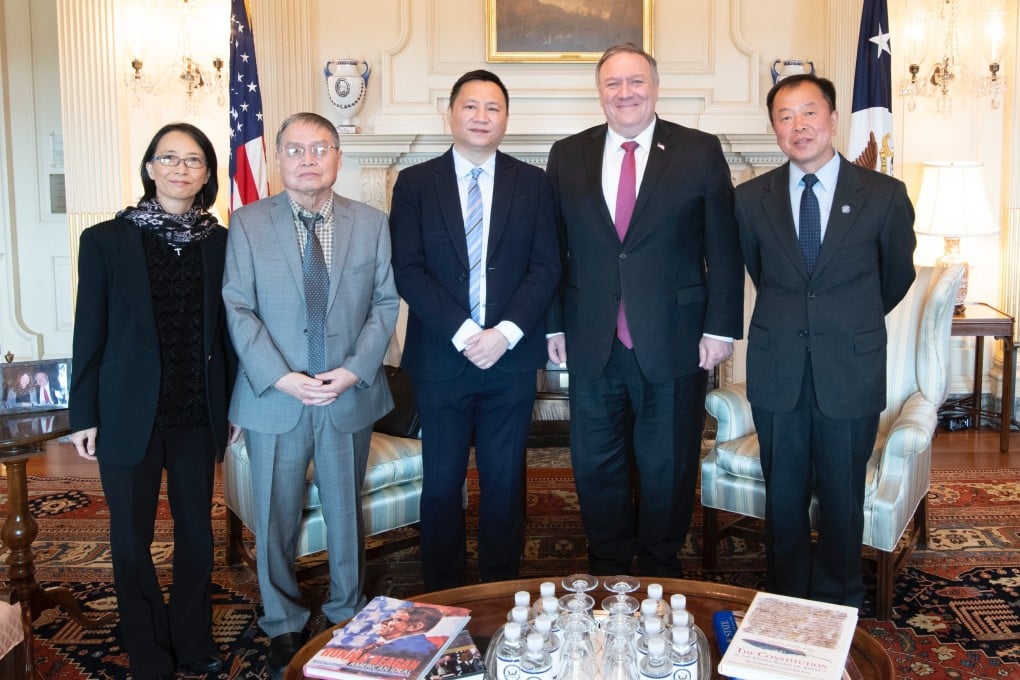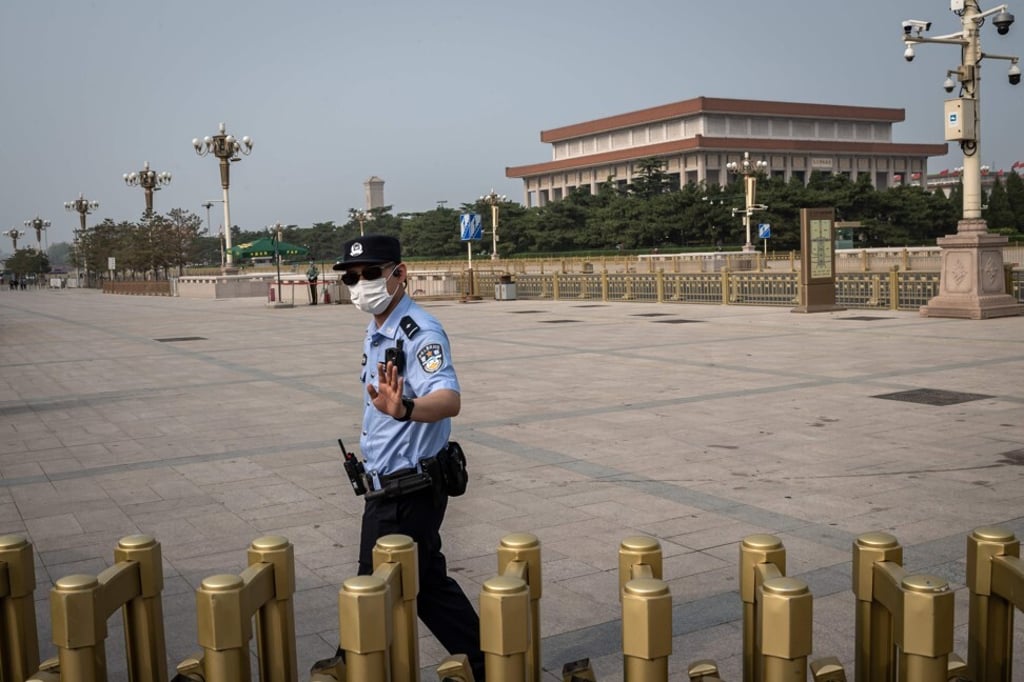Mike Pompeo meets with 1989 Tiananmen Square activists at US State Department
- One participant said the secretary of state primarily listened but asked, ‘What can we do to help China have democracy?’
- Ex-State Department official, however, said the US was failing to ‘lead by example at home’ as Trump has been ‘effectively inciting violence against protesters’

The State Department offered no details on what was discussed but said in a statement: “We mourn the victims of June 4, 1989, and we stand with the people of China who continue to aspire to a government that protects human rights, fundamental freedoms and basic human dignity.”
Growing out of public grief over the death of liberal icon Hu Yaobang, weeks-long protests calling for democratic reform in 1989 came to a brutal end when Chinese tanks rolled through Beijing to put down the unrest by force. The incident remains a highly sensitive subject for the Chinese government to this day.

“Thirty-one years later, the total number of missing or dead Tiananmen protesters is still unknown,” State Department spokeswoman Morgan Ortagus said in the statement, released shortly after the anniversary arrived in China. “We reiterate our call for a full, public accounting of those killed or missing.”